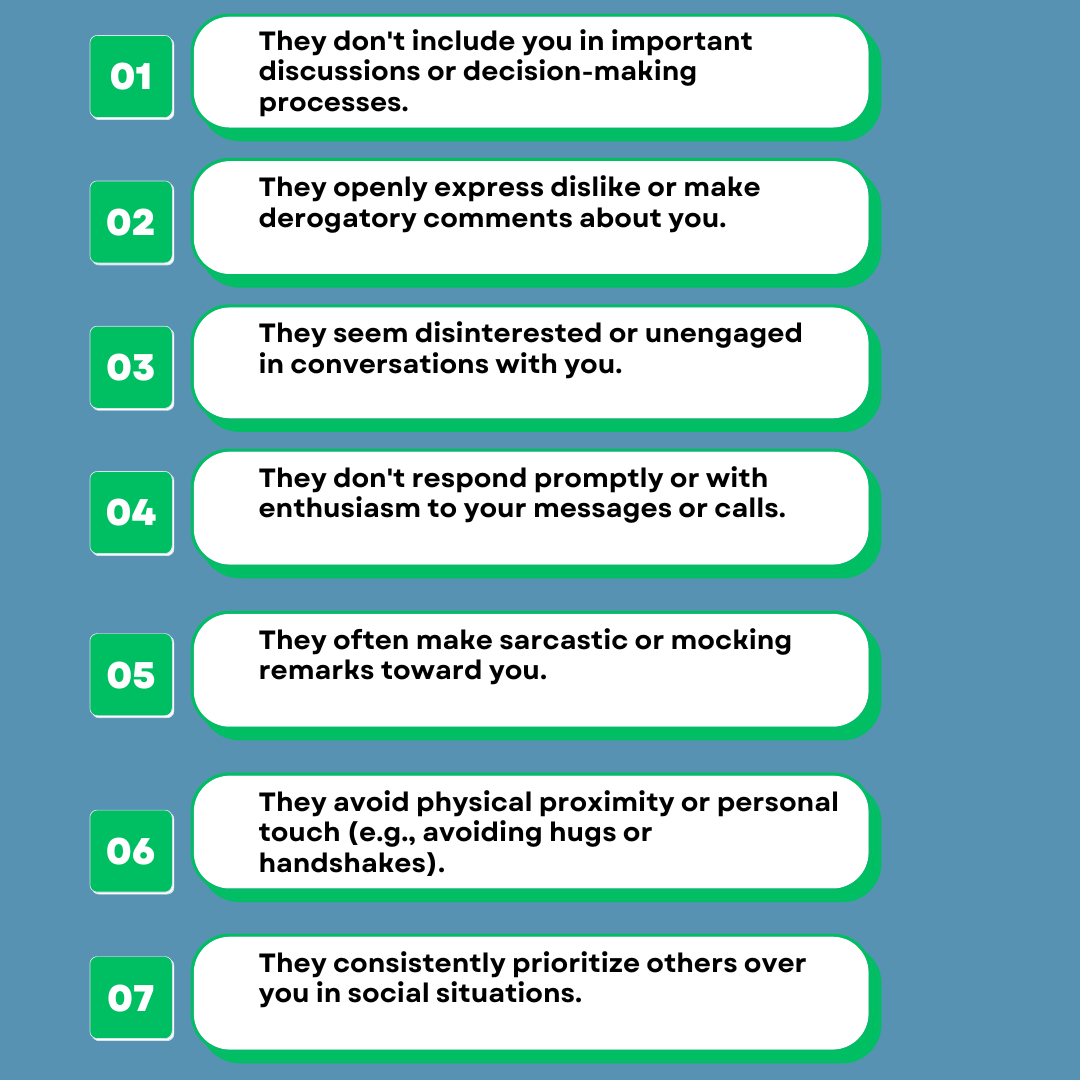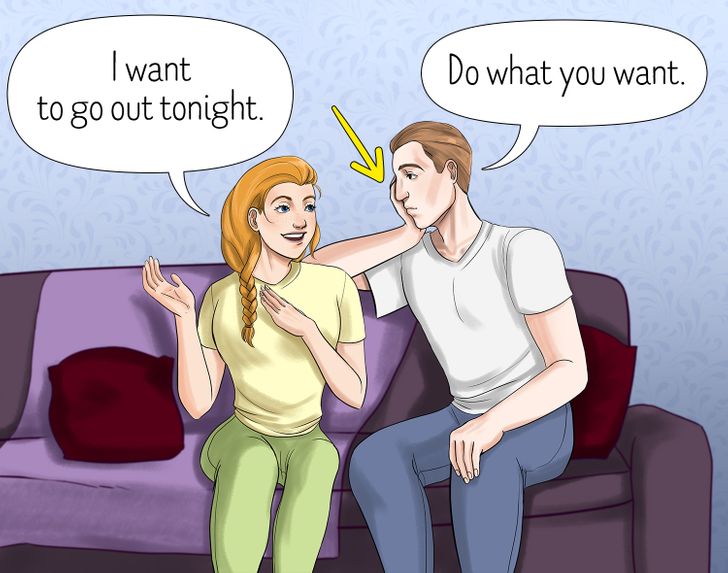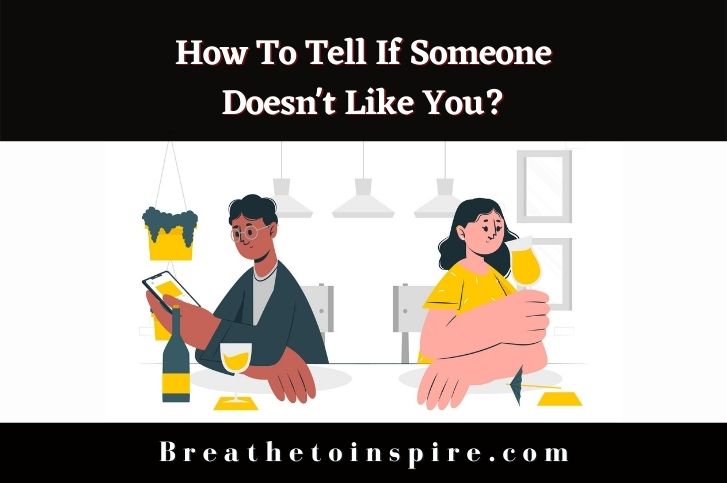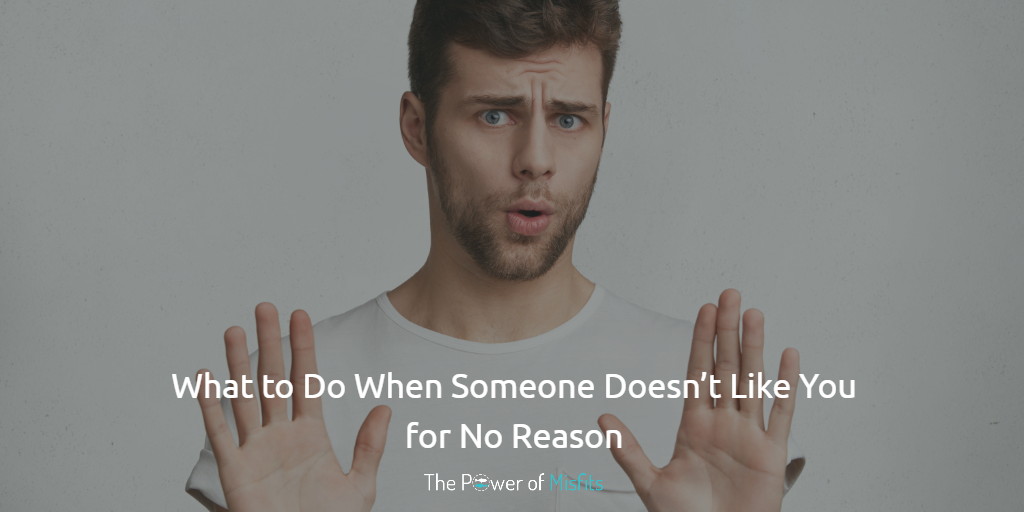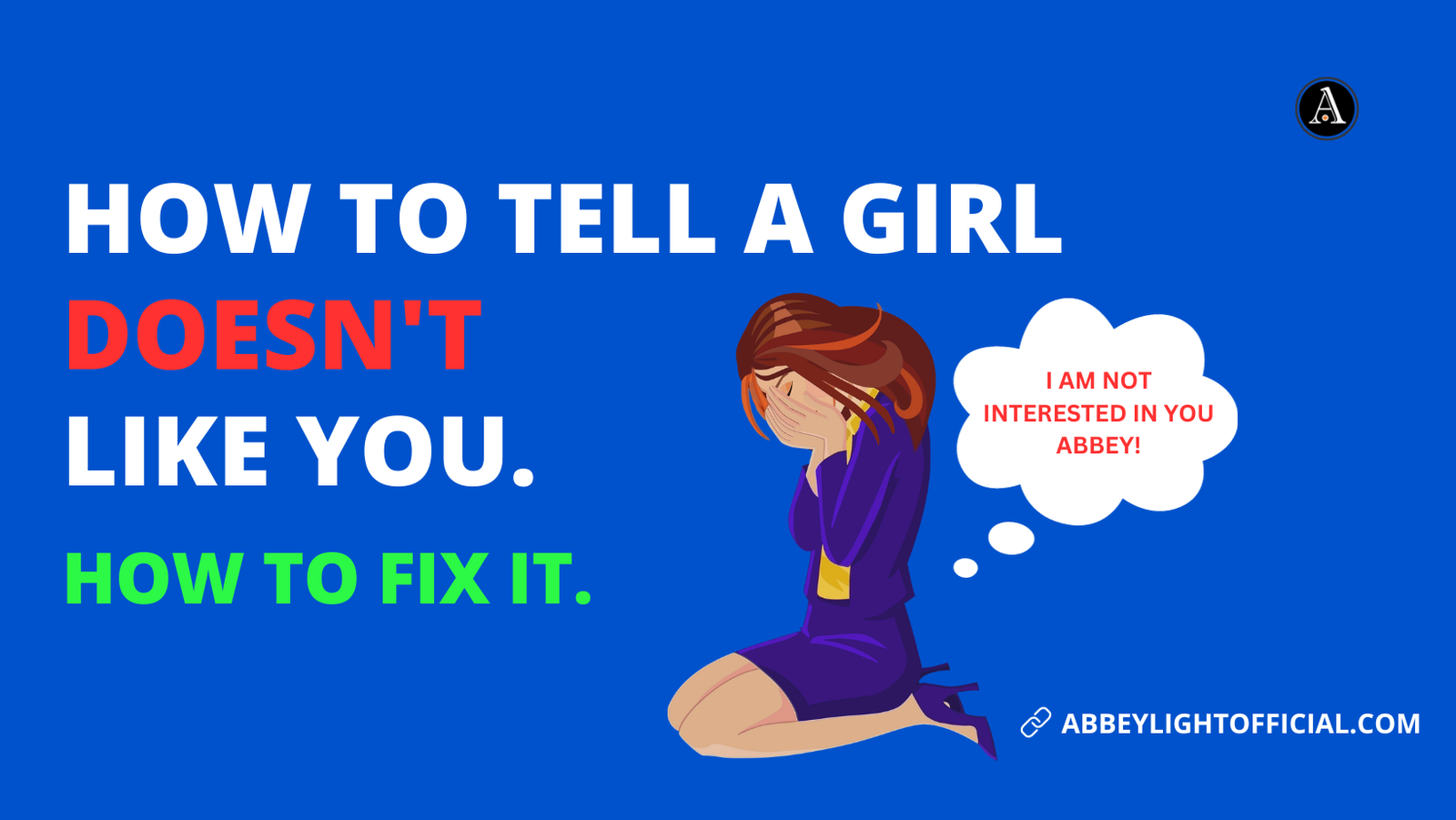How To Deal With Someone That Doesn't Like You

Navigating the social landscape can be challenging, particularly when encountering individuals who harbor negative feelings towards us. Dealing with someone who dislikes you can trigger anxiety, self-doubt, and even affect your professional or personal life.
Understanding effective strategies to manage these situations is crucial for maintaining your well-being and fostering a healthy environment.
Decoding Dislike: A Guide to Managing Unfavorable Relationships
The ability to handle interpersonal friction gracefully is a valuable life skill. This article provides a framework for understanding the reasons behind someone's dislike, strategies for mitigating conflict, and methods for maintaining your own mental and emotional health.
We will delve into professional advice from psychologists and conflict resolution experts to provide actionable steps in navigating these often-difficult relationships.
Understanding the Root Cause
Before reacting, try to understand the source of the dislike. Sometimes, it stems from misunderstandings or misinterpretations of your actions or words.
According to a study published in the Journal of Personality and Social Psychology, individuals often attribute negative intentions to others when faced with ambiguous behavior.
Consider if there's been a specific incident that triggered the animosity or if the dislike is based on pre-existing biases or personality clashes.
Maintaining Professionalism and Respect
In a professional setting, maintaining a respectful demeanor is paramount, regardless of personal feelings. Avoid engaging in gossip or negative talk about the person who dislikes you.
Instead, focus on your work and interact with them only when necessary, maintaining a polite and professional tone.
As Susan Cain, author of Quiet: The Power of Introverts in a World That Can't Stop Talking, suggests, "The key is to be mindful of your own boundaries and energy levels." This is even more important when dealing with someone who is actively hostile.
Setting Boundaries
Establish clear boundaries to protect your emotional well-being. Limit your interactions and avoid sharing personal information with someone you don't trust.
If their behavior becomes aggressive or harassing, document the incidents and report them to the appropriate authorities, such as HR in a workplace setting.
Dr. Brené Brown, a research professor and author, emphasizes the importance of boundaries in her work: "Daring to set boundaries is about having the courage to love ourselves, even when we risk disappointing others."
Focusing on What You Can Control
You can't control someone else's feelings or behavior. Focus on what you *can* control: your reactions, your attitude, and your actions.
Practice self-care techniques such as exercise, meditation, or spending time with supportive friends and family. This will help you manage stress and maintain a positive outlook.
According to the American Psychological Association, regular self-care practices can significantly reduce the impact of negative interpersonal relationships on your mental health.
Seeking Mediation or Third-Party Intervention
If the situation escalates or significantly impacts your ability to work or function, consider seeking mediation or third-party intervention. A neutral mediator can facilitate communication and help find common ground.
HR departments often provide mediation services within organizations. In personal situations, a therapist or counselor can help facilitate constructive dialogue.
When to Walk Away
Sometimes, despite your best efforts, the relationship remains toxic and detrimental to your well-being. In these cases, distancing yourself or even ending the relationship may be the healthiest option.
This is especially true in personal relationships where the negativity is persistent and irreparable. Knowing when to prioritize your own mental and emotional health is crucial.
The Long View: Cultivating Resilience
Dealing with dislike is an inevitable part of life. By developing effective coping mechanisms and prioritizing your own well-being, you can navigate these challenging situations with greater resilience and grace.
Remember that someone's dislike for you doesn't define your worth or value. Focus on building strong, positive relationships with people who support and appreciate you.
Ultimately, cultivating inner strength and emotional intelligence will empower you to handle adversity and thrive, regardless of others' opinions.
